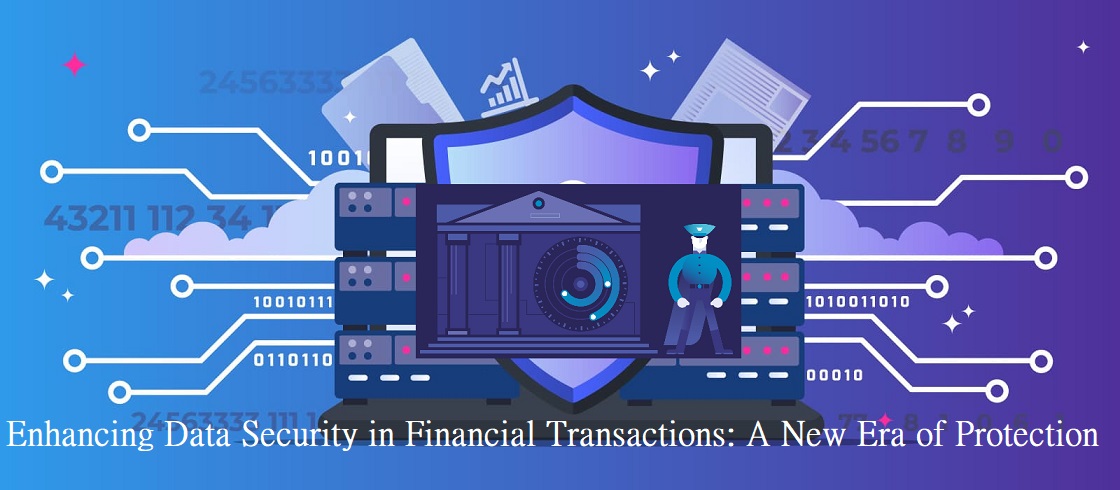
In the financial sector, where the stakes of data security are exceptionally high, the evolution of protective measures marks the dawn of a new era. With the increasing volume of digital financial transactions comes an elevated risk of cyber threats, prompting institutions to adopt more sophisticated methods of safeguarding sensitive information.
The financial industry has always been a prime target for cybercriminals due to the sensitive nature of the data involved. From personal client information to transaction records and proprietary trading algorithms, the potential impact of a data breach can be catastrophic, resulting in financial loss, reputational damage, and regulatory penalties. As such, enhancing data security in financial transactions is not just a priority; it’s an imperative.
The traditional methods of data exchange, while functional, often fall short in terms of security, leaving gaps that can be exploited by malicious actors. These vulnerabilities have propelled the search for more secure solutions, leading to the adoption of technologies that can provide end-to-end encryption, secure authentication, and detailed audit trails. The MFT gateway stands out in this landscape, offering a comprehensive solution that addresses the unique security needs of financial transactions.
An MFT gateway is specifically designed to facilitate the secure transfer of data across networks. By implementing robust encryption protocols and ensuring compliance with industry standards such as Payment Card Industry Data Security Standard, it provides a secure conduit for the exchange of financial information. Moreover, its ability to manage large volumes of data transfers efficiently, without compromising on security, makes it an invaluable tool for financial institutions operating in today’s digital economy.
One of the key benefits of utilizing an MFT gateway is the enhanced visibility and control it offers over data movement. Financial institutions can monitor transactions in real-time, track file access and modifications, and receive alerts on suspicious activities. This level of oversight is critical in identifying and mitigating potential security threats before they can cause harm.
Furthermore, the MFT gateway supports compliance with regulatory requirements, a significant concern for the financial sector. With regulations such as GDPR (General Data Protection Regulation) and CCPA (California Consumer Privacy Act) imposing strict rules on data protection and privacy, the ability to demonstrate compliance through secure data handling practices is essential. The MFT gateway aids in this effort by providing detailed logs and reports that can be used to verify compliance during audits.
The adoption of an MFT gateway also contributes to operational efficiency. By automating data transfer processes, financial institutions can reduce manual errors, accelerate transaction times, and improve overall productivity. This automation allows staff to focus on core activities, enhancing service quality and client satisfaction.
In conclusion, the integration of an MFT gateway into the data security strategy of financial institutions marks a significant advancement in the protection of financial transactions. In an era where cyber threats are increasingly sophisticated and regulatory pressures mount, the need for robust, efficient, and compliant data exchange solutions has never been more critical. As financial institutions navigate the complexities of the digital landscape, the MFT gateway provides a secure foundation for the exchange of sensitive information, ensuring the integrity and confidentiality of financial transactions in this new era of protection.

